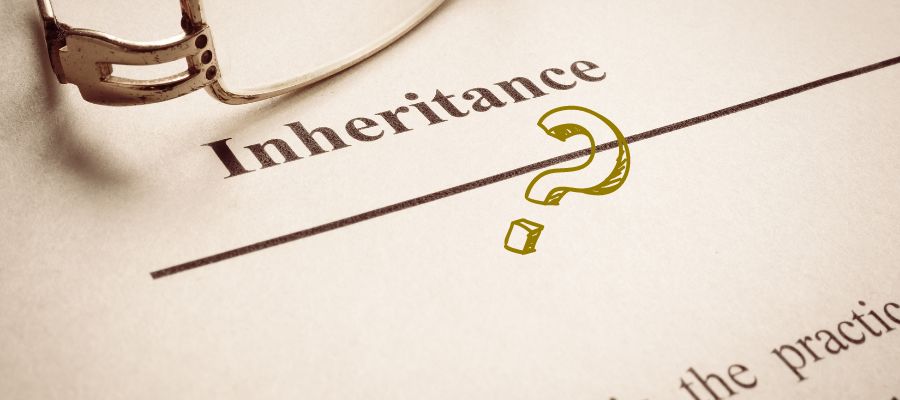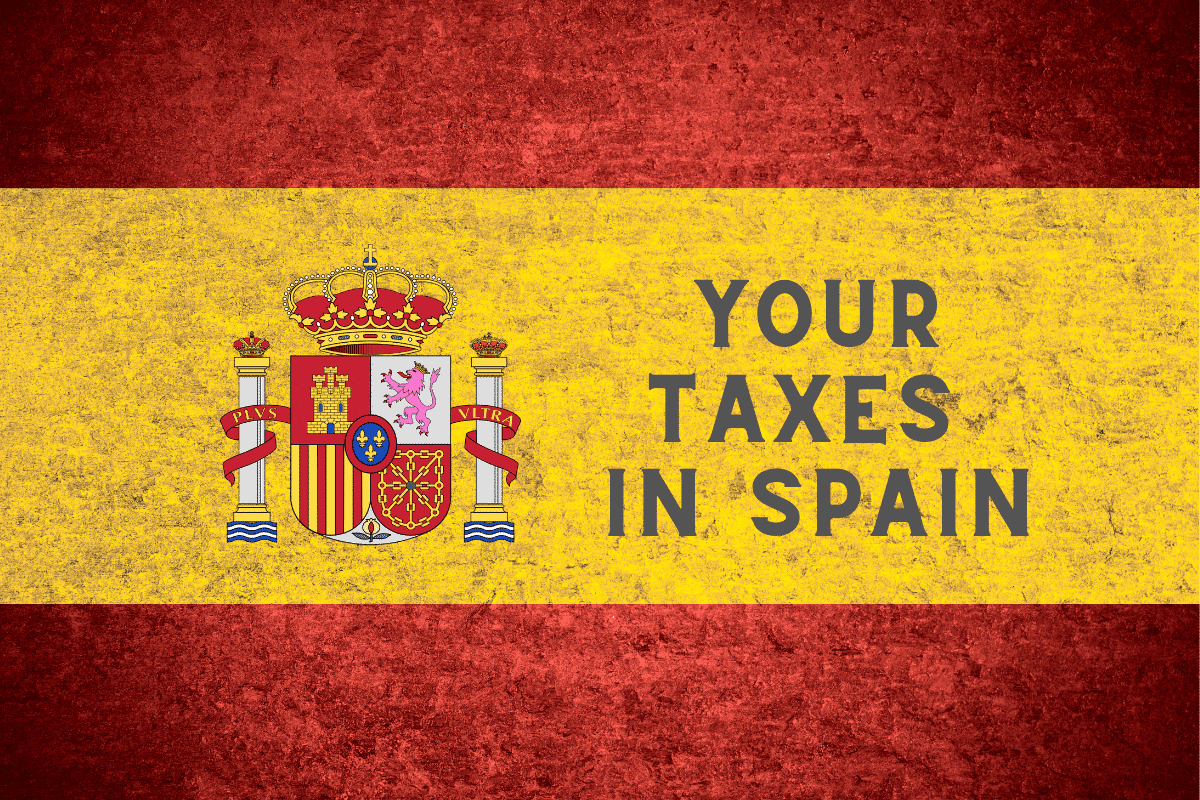It means your savings need to be organised before it happens
On 16th October 1987, the stock market in the UK fell 14%. By mid-November it was down 36%. It is for this reason you should keep reading.
By Barry Davys
This article is published on: 11th April 2024

It means your savings need to be organised before it happens
On 16th October 1987, the stock market in the UK fell 14%. By mid-November it was down 36%. It is for this reason you should keep reading.
The share price falls were across the board and good companies fell with the less successful. It was an arbitrary general fall in the FTSE 100 index. It seemed like a very risky time to be investing.
One of these falling shares was M & S. Yet to me it was ridiculous that M & S had been devalued by 36% when the business was in good shape and with prospects for ongoing growth.
I saw an opportunity to invest in the FTSE 100 index as I felt sure the better companies would be re-valued to reflect their sales and prospects. I knew that this was an opportunity to invest in my future, (not to try to make a quick buck).
Some of my clients also put part of their savings in the FTSE 100 index. Many did not. By August 1989 the index had recovered all of its lost ground. By 17th November 1997, it had gone up by 100% and is now 378% higher than it was in October 1987.
This is what I learned from those people who did not invest and which I now use to help people look after their savings. I now understand why those other people did not invest. The reason they didn’t is that I had not discussed, in detail, on a one to one basis, the following –
I arguably let those people down as their savings did less well than the people who did invest.
Having learned a lesson from the experience my clients now benefit from this insight.
It is important not to take too much risk, which I understand. But it is also important to take at least some risk, if your circumstances allow it.
It is important to avoid taking no risks. Indeed, I often hear people say “I want to be Cautious” or “It needs to be safe” and they have left money in the bank earning very little and certainly not keeping up with inflation.
If you think putting money in the bank is low risk, you could be right.
However, taking no risk/low risk can be the biggest risk of all and in the worst case an absolute certainty that your money will not keep up with inflation in the long term and you might not enjoy the retirement you had planned.
The risk of not keeping up with inflation, with not building up your savings, is you end up with a pot too small to provide a sustainable income in retirement. But with the right advice and the correct level of risk for you and your circumstances your sustainable income in retirement is much more likely.

Here are the things I consider when helping you judge the balance of risk versus the growth of your savings. A simple online questionnaire allows you to answer questionnaires to give you a suggested risk profile.
However, we do not leave it entirely to a computer to decide your future. I then discuss the suggested profile, answer your questions, double-check the suggested profile with you, and make any recommendations for improvement based on my 36 years of experience. A good blend of AI (artificial intelligence) and EI (experience intelligence).
What does this mean in practice and why trust me? Here is the outcome that clients get from the correct risk profile:
Here’s why you should trust yourself. Inflation will go up and down but the world’s demographic is changing. Fewer workers mean higher wages and lower state pensions. These things point to higher inflation in the future. Getting the risk balance right on your savings is not a “nice to do”, it is essential. You need to trust that, with the right support, you can improve the likelihood of healthy savings.

Do any of the following apply to your situation ?
If yes, arrange a call with me using my online system to book a time that is convenient for you.
It is an opportunity to get a better outcome from your savings, provide for your family, and help give yourself a sustainable income in retirement. Undoubtedly, you will be more relaxed too knowing that you have the right risk profile for your savings and that it is updated annually.
By Barry Davys
This article is published on: 31st July 2023

I acknowledge the feelings that come with the death of a relative, but this article is not about the grieving process.
The article describes how to deal with an inheritance and so will start from the point when you learn how much your inheritance (bequest) is going to be.
Oh wow, that will be helpful/very nice! I didn’t expect that much! What a lovely surprise!
These very common responses on finding you are about to benefit in a Will are shortly followed by “What should we do with it?” or “Let’s buy a holiday home/new car/go on a cruise/ give money to the kids etc.” It is unusual for me to find a reaction in between these two different approaches to receiving a bequest.
My experience of working with people who have received inheritances gives me insight into what things are important to consider. Some of these people have worked with me on inheritance tax planning before the death of the relative. This does not mean planning immediately before the death but sometimes years in advance. This type of planning is the subject of another article.
Typically though, as recipients we focus on the amount that we are getting in isolation and make our decisions based simply upon the amount we receive.
This approach often leads to buyers’ regret, defined in the dictionary as:
‘A sense of regret or uneasiness often after having purchased a house, car, or other major item, especially when the acquisition involves an ongoing financial burden.’
A new car comes with ongoing expenses: insurance premiums for a newer or bigger car can be higher, maintenance costs greater. Similar issues occur for a holiday home. Here is an analysis of the true cost of buying a house

Here are some very important steps to ensure you avoid the buyers’ regret syndrome and form a process on how to make the best of your good fortune.
Check your answers to these questions:
These questions help us take the focus away from how much you have received to how it will benefit your family and improve your quality of life. Why is this important? Unlike an annual bonus or a job with a higher salary, receiving an inheritance from the deceased relative will happen just once from that relative. Often the relative, when deciding to leave you something, will have been thinking “I hope this will benefit the family and make their life a little easier”.

How you approach the issue of what to do with an inheritance should depend on your financial position before the inheritance.
How can you fit the inheritance into your finances so it gives ongoing benefit?
The process:
Thoughtful, considered planning is how I approach a request to help with an inheritance. A step by step approach is best using the process above. By using cashflow modelling software I can show you what your financial future looks like now you have the new money. The software also allows you to explore different options and compare the possible outcomes. This “what if“ analysis is one of the most useful parts of the planning process. Assessing the best planning for Spanish and/or UK tax is a speciality of my advice.

There are specific reporting requirements about your inheritance in Spain, even if you have paid inheritance tax in the UK or Ireland.
This report must be made within six months from the date of death.
If you receive an inheritance in your name and then decide to do something with the money in joint names, there is gift tax to pay in Spain. A typical trap is buying a property in joint names with the inheritance only to find out there is gift tax on half the value of the house.
You can book a call with Barry Davys of The Spectrum IFA Group who specialises in advising on how to manage the inheritance. Please choose a time that is convenient for you on his online system
He has dealt with many such situations in both the UK and in Spain. He brings understanding of the circumstances and respect of your wishes inside a framework of professional advice.
He often acts with lawyers who are settling an estate. The lawyer works on the process of settling the estate whilst Barry is forward looking and works on the planning for the future.
Barry will personally get in touch with you within the next five days. Any call or communication will be in confidence.
By Barry Davys
This article is published on: 30th July 2023

Travel broadens the mind, and the investment portfolio
Have you ever been to India for work or to travel?
I haven’t but my partner went for work and my daughter for travel. Some seven other friends have also travelled and all have reported the same way. It is a great place, still lots of improvements to be made, but the people work hard and are generally friendly.
With a current population estimated at 1.46 billion (now larger than China’s), India accounts for around 18% of the world’s total population.
If you were running a business with:
Would you be mildly optimistic about your outlook? Of course, you would have to deal with the day to day issues of logistics, marketing, financing etc but even so, you might still be mildly optimistic.
The story is only just beginning. Yours and my parts of this story come at the end of this article. Read on.
The IMF, World Bank and Goldman Sachs are all optimistic about the country’s outlook. India is currently the fifth largest country by size of economy. However, by 2050 Goldman estimates it will be the third largest in the world. Sounds good but when you examine the numbers it really is impressive.
In 2022 the Indian economy was valued at $3.385 trillion. Goldman expects the economy to be $22.2 trillion by 2050. By 2075 it is anticipated it will be $52.5 trillion, making it the second largest economy in the World.
To give some context, the economic output (GDP) of some other countries in 2075 are estimated to be:

Your involvement in the story
Sounds good but what has this got to do with me?
If you are about to receive or have received an inheritance at, as an example, age 50, it is likely that you will live around 40 years. This change in India to 2050 will take place in your lifetime.
If you have children, and especially with grandchildren, this change in India to 2075 will take place in their lifetimes.
I am not an investment manager but am able to arrange for discretionary fund managers (DFMs) to run investment portfolios on behalf of my clients. I direct the DFM to invest in a manner that fits both with your attitude to risk and your longer-term planning objectives. This includes your requirements for income and inheritance tax planning for your family.
I am forward looking. This story of India is not a recommendation to invest in India. It does illustrate however that if this economic expansion is expected to develop over your lifetime, we could ask the DFM to consider including at least some Indian exposure in your portfolio.
If you wish to look to the future, book an appointment for an initial call with Barry Davys at a time that is convenient for you, using his online system at Receiving an Inheritance – What Now
By Barry Davys
This article is published on: 29th July 2023

The true story may surprise you?
There are some spectacular homes in Catalonia and there are many properties which are bought for rental as an investment.
If you are coming from a home owning country such as the UK (63% homeowners in 2020)¹ or Romania (a remarkable 92.9% homeowners in 2021)², it is only natural to think of property as a good idea. We may have experienced significant gains on a property and we probably know others who have done so. Most of these cases will be people who have bought their property as a home. We may have also seen the headlines about the “Buy to Let” boom in the UK. Bear in mind the boom was helped by very, very low interest rates which are most unlikely to be repeated.
Now we are seeing headlines such as ‘Lots of us are very anxious’: why Britain’s buy-to-let landlords are selling³. A reminder that like most investment markets the value of your investment can go down as well as up.
Investing in property can be effective. It should be considered like any other investment and not with the bias in our decision making that can come with having been brought up in a home owning country.
Here we help you to view an investment in property in Catalonia with data.
The first item to understand is that there is a property purchase tax of 10% of the purchase price. Other costs, such as lawyers and notary fees, are typically total 2% of the purchase price. This is an assessment of the impact of costs and taxes and what it can do to your investment return.
¹www.gov.uk – Home ownership
²European Union (Euro Stat) Home or Flat – Owning or renting
³Guardian newspaper 24/02/2023
| The true cost of a house for renting in Spain | Return on investment | ||||
|---|---|---|---|---|---|
| % | % | % | |||
| Purchase tax | 10.00 | Annual yield Barcelona | 5.7 | ||
| Lawyers, notary etc | 2.00 | Less | |||
| Property registration fee | 1.5 | Tax at say 33.8% of 5.7% | 1.93 | ||
| IBI (council tax) | 0.6 | ||||
| Landlord insurance | 0.5 | ||||
| Total cost of buying | 13.50 | Community charge | 0.3 | ||
| Furnishings and white goods | 0.75 | Total ongoing costs | 3.33 | ||
| Total Costs | 14.25 | Annual Net Return | 2.37 | ||
| Number of years to recover cost of purchase | Total Costs ➗ Annual Net Return | = | 6.01 |
In summary, total acquisition costs are typically 14.25% of the purchase price. The buyer has to have this amount of cash in addition to any deposit as the mortgage is based on the value of the property.
The rental property rate of return (yield) is shown for Barcelona. Anywhere outside of Barcelona will likely give you a lower rate of return.
Annual net returns after ongoing taxation of property tax (IBI) and income tax (rental income is added to employment income). The example uses a tax rate of 33.8% income tax on your rental but the top rate of income tax in Catalonia has recently risen to 50%.
This means it will take you just over 6 years to cover your costs from rental income.
Of course, with a bit of luck, the property will increase in value. There is an oft repeated mantra that “Oh but the property will increase in value”. It may well do, especially if you keep the property for many years. However, here are some other points to be aware of before buying a rental property for profit.
Property investment works best when expectations and reality are matched. Knowing realistic figures, based on data, is very important. We hope that this article provides some insight and helps you with your assessment of whether it is right for you.
Are there alternatives? There are and one or two that are very tax efficient. In some cases a combination of property and other investments can work well.
For more information on these elements of investing in property in Catalonia you can book a call with the author Barry Davys. Please use his online system so you can choose a time that is convenient for you for the call. The call can be a video call or a telephone call.